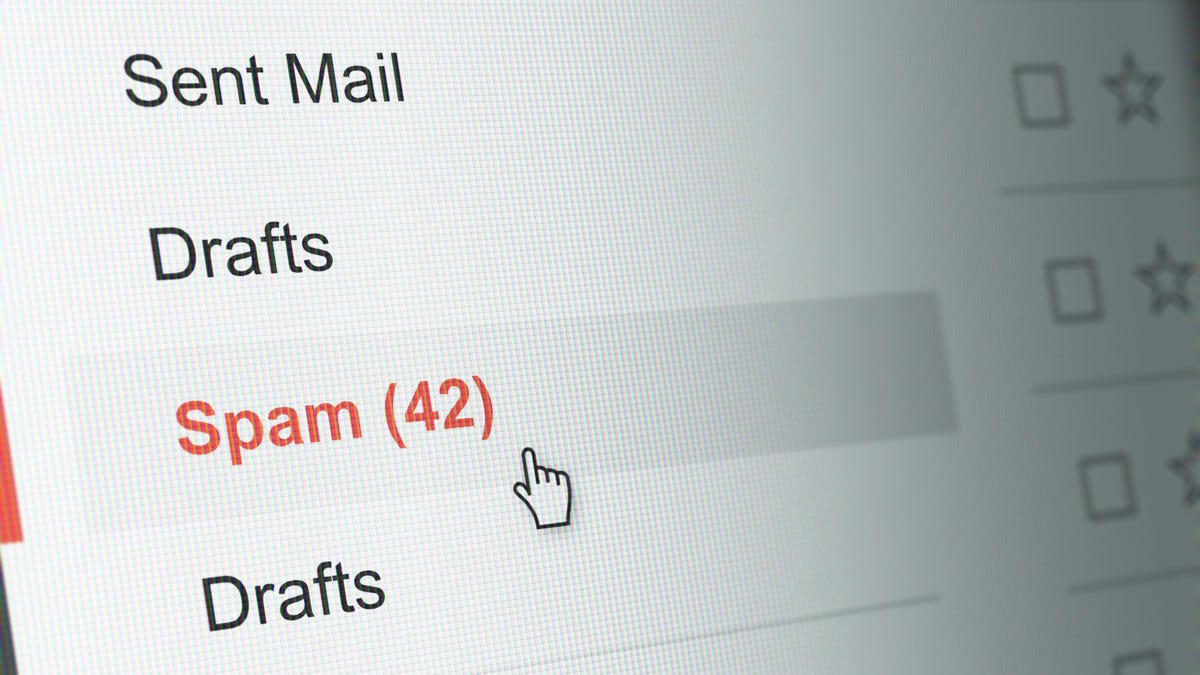Avoid These Words That Send Your Email to Spam

While you may know that all your emails deserve careful reading and should never be sent to the recipient’s spam folder, there’s a good chance some of them will end up there anyway. And there are things you do without even realizing it that increase the likelihood that your message will never hit its intended target. But before I get to the words and phrases that will raise red flags throughout your email campaign, newsletter, or presentation, there are a few ways you can strengthen your account to improve the deliverability of your emails.
First, if you use a subscriber list, you should regularly remove unengaged subscribers so that you remain with the most engaged base. According to Active Campaign , a digital marketing and sales platform, low open rates result in poor sender reputation, which significantly reduces your account’s influence among email service providers. If you’re sending bulk emails to a list, make sure your emails also have an unsubscribe button. According to Hubspot , not having one is an easy way to land straight into spam.
Make sure each email is also addressed to the recipient. Anything that says “Dear Friend” or just “Dear” is risky; something encoded that includes the recipient’s name isn’t that important. Make sure any codes you use actually work by sending a test email first, and don’t use all caps or unnecessary exclamation points, which spam detection software will immediately flag. Finally, make sure you use a verified email address to send, and not a new one or one that you have not verified.
Avoid These Spam Words in Emails
Take a look at your spam folder right now: there will likely be some obviously fake phishing emails with subject lines about lotteries, penis enlargement, and failed UPS deliveries. They are there not only because they come from unverified email addresses or addresses with low open rates, but also because of the words in their subject lines and body text. In every active campaign, having one or two spam-inducing words in a credible message likely won’t send it to spam, but too many of them, combined with other risk factors like the ones above, probably will. Here are a few words to avoid:
- Numbers like “#1” and “100% free”
- Words associated with easy money making scams such as “extra income”, “make extra money”, “financial freedom” or “be your own boss”.
- Money-related phrases such as “money bonus,” “cents on the dollar,” and “big money.”
- Something like “eliminate bad credit” or “consolidate debt.”
- Anything “free,” such as “free gift,” “free information,” or “free investment.”
- “Giveaway” and other words used, again, suggest that something is “free.”
- Words that imply something truly amazing, such as “once in a lifetime” or “miracle.”
- Any phrase that creates a sense of urgency or pressure, such as “act immediately” or “important information regarding…”.
- “You are the winner,” “you have been chosen,” or anything else that might make someone think they are getting a special opportunity.
- “Dear friend” or any greeting that is not typical for the person you are writing to.
- Basically, any financial words that don’t fit into the context of your message, like “no hidden fees” or “no purchase required.”
- Guarantees that “this is not garbage” or “this is not spam”
- The words “password” or “social security number”
- Brand name drugs like Valium or Viagra, or even common medical terms like “weight loss.”
Again, if these words fit into the context of your email and the rest of your message is correct, they may not send you to spam, but if you send a “Dear Friend” email that has little to confirm that you speak. You talk or advertise, don’t expect it to do any good.